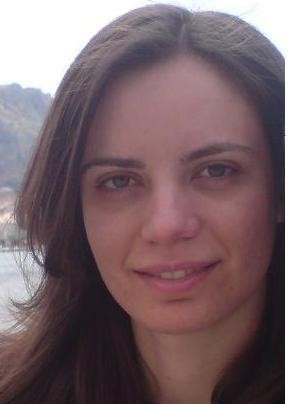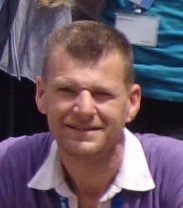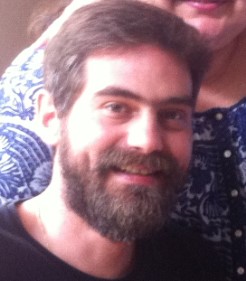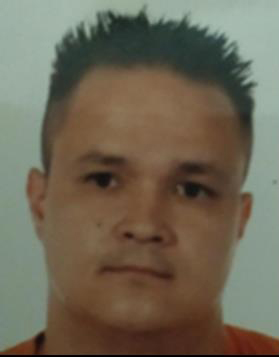
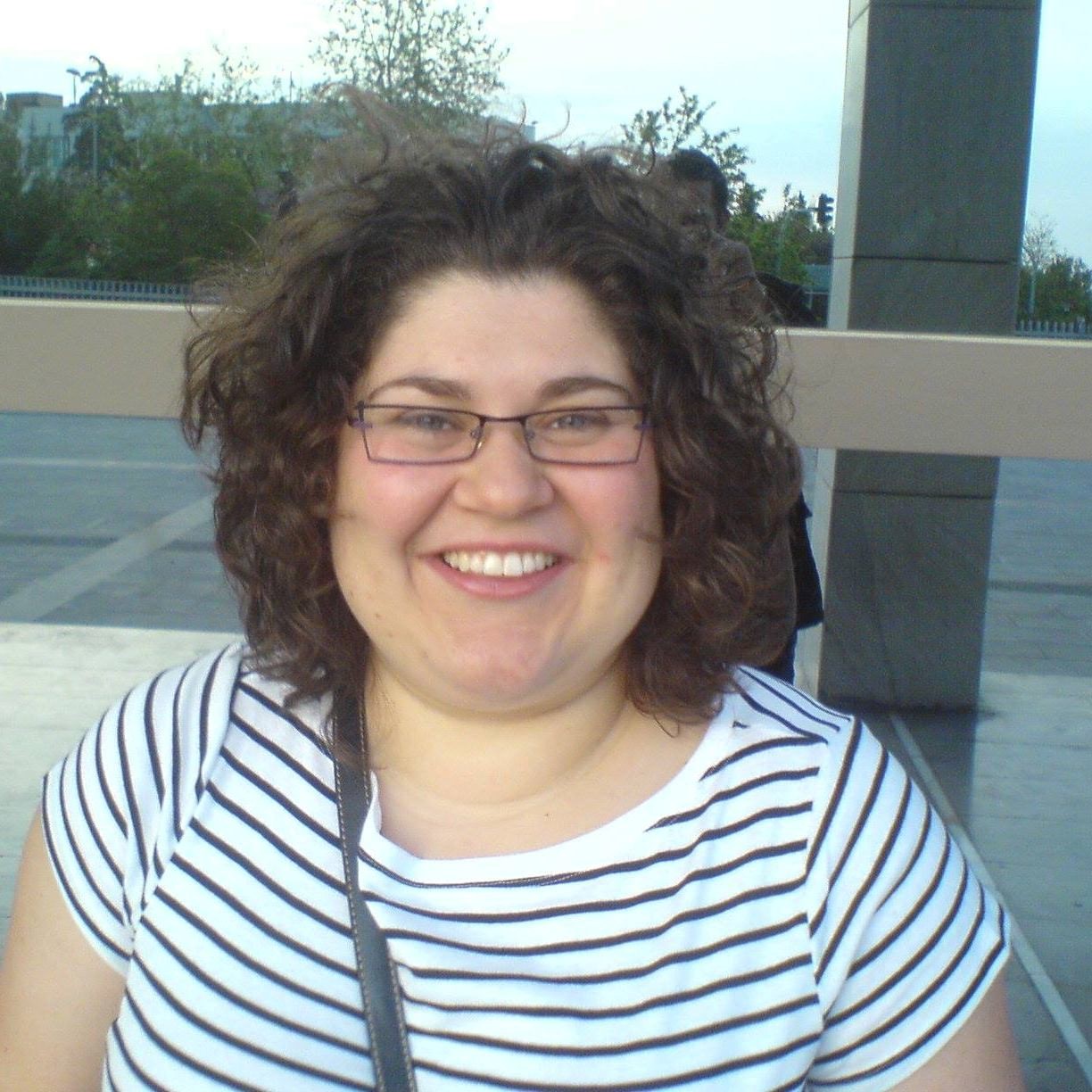
Dr
Fragkiadaki Eirini
Since its foundation, Hellenic Pasteur Institute (HPI) maintains laboratory animals for scientific purposes aiming to promote Public Health Protection.
The aims of the Department of Animal Models for Biomedical Research (DAMBR) are the breeding, supply and use of laboratory animals for modeling human pathologies and for developing cutting-edge technologies in academic and research areas, for performing toxicological and preclinical studies in pharmaceutical industry, and for academic education. DAMBR collaborates with the groups and technological infrastructures of HPI and supports their research projects.
DAMBR operates in compliance to national and European legislation (P.D. 56/2013, 2010/63/EU) and international recommendations (FELASA, ARRIVEs, ICLAS ets) in order to cover modern research needs that are required for research excellence.
DAMBR’s functions in line with its approved Regulatory Guide, the decisions of Protocols Evaluation Committee and consultation of Institutional Animals Welfare Body in order to apply the 3Rs (Replacement, Reduction, Refinement) principles in everyday practice. The engagement, empathy and experience of DAMBR’S continuously trained personnel are major factors for promoting animals’ welfare and contributing to the quality of animal research.
Synergies with Bioethics Committee of HPI and National Committee for the Welfare of Animals used for scientific purposes (NCWA) also enhance the functional role of DAMBR when needed.
Licensed animal facility: ΕL 25BIObr011 (breeding); ΕL 25BIOsup012 (supply); ΕL 25BIOexp013 (experimentation)
Members of Protocols Evaluation Committee:
Regular members: Dr F. Papastefanaki, Dr E. Fragkiadaki, Dr D. Gougoulis, Member of Veterinary Services-Prefecture of Attika
Substitute members: Dr E. Karagouni, Dr E. Dotsika, Dr M. Miligos
Members of Institutional Animal Welfare Body:
Dr E. Fragkiadaki, Dr F. Papastefanaki, Dr K. Lazaridis, Dr V. Kyrargyri,
A. Lappa, A. Karles, A. Vagionas, N. Vlachogiannis, D. Kazana
The housing capacity of the animal facility is 11.000 mice, 1000 rats, 30 guinea pigs and 30 rabbits.
The animal strains housed are:
– Lewis, Sprague-Dawley, Wistar rats
– C57BL/6J, Balb/c, CBA, FVB, SCID mice
– Genetically modified mouse strains
For further information contact the reference people at the Breeding Facility.
DAMBR is consisted of 2 units under Specific Pathogens Free (SPF) conditions and one unit under conventional conditions as follows:
Conventional conditions: mice and rats quarantine, housing and experimentation of guinea pigs and rabbits
SPF conditions: breeding and experimentation of mice and rats, ABSL1+ room
The following services are offered:
– breeding, supply and use of classic and genetically modified (transgenic) rodents
– laboratory rodents housing for external collaborators
– veterinary care and animal health surveillance
– technical support in applying good laboratory practices (ie administration of substances, Blood/serum/plasma/tissues collection, etc)
– training on good laboratory practices and animal welfare
– consultancy in designing and implementing licensed protocols in collaboration with the specialized research groups of HPI*
In collaboration with Transgenic Technology Laboratory (TTL):
– mouse embryo transfer and rederivation
– cryopreservation of mouse germplasm and embryos
– vasectomized and pseudopregnant mice for transgenesis
* Τhe specialized research groups of HPI are competent in generating the following animal models: infectious diseases, autoimmune experimental encephalomyelitis, rheumatoid arthritis, ischemia, temporary (tMCAO) or permanent (pMCAO) occlusion of the middle cerebral artery or carotid, brain and spinal cord trauma, ex vivo transplantation, gene therapy, agents administration by stereotactic injection into the brain and spinal cord, behavioral studies, preparation of frozen and paraffin-embedded tissues for histological and microscopic evaluation.
Each specialized project is carried out under the core responsibility of scientific research groups of HPI.
Grants
2016
- Stavros Niarchos Foundation- Activity 4
- Course Grant, International Pasteur Institutes Network
TT-RIIP training course entitled «TRANSGENIC TECHNOLOGIES in MODELING HUMAN DISEASES: Principles, Associated Technologies, Animal Management and Ethics », 5-13 June 2017.
2014
- Course Grant, International Pasteur Institutes Network
LAS-RIIP international course entitled «Laboratory Animals in Biomedical Research: Τheory and Practice», 8-25 May, 2015.
Sponsors
International Pasteur Institutes Network
International Society for transgenic Technologies
Analab ΕΠΕ
Envigo
Techniplast
Mucendola
Association of Friends of Hellenic Pasteur Institute
Analytical Instruments SA
Inflammation Research Group of HPI
Laboratory Animals equipment by Mr Panagiotis Elias
Institutional annual training courses in Greek (theory and hands-on):
- Laboratory Animals Science principles for new animal users, 8-9 July 2021
- Ethical use of laboratory animals in research protocols, 28-29 March 2019
- Introduction to Laboratory Animals Science, 22-23 March 2018
- Introduction to Laboratory Animals Science, 25-26 May 2016
- Laboratory Animals: change of paradigm, 30 May 2014
- Laboratory Animals as tools of translational research, 26 April 2013
- Laboratory Animals and daily research practices, 14 December 2012
International training courses

LAS RIIP «Laboratory Animals in Biomedical Research: Τheory and Practice», 8-25 May 2015.
S. Haralambous, Regular member of National Welfare Committee of animals used for scientific purposes (2016-2022), FEK 2917/13-09-2016, 2537/20-09-2018, 4200/29-09-2020.
Ε. Fragkiadaki, Substitute member of National Welfare Committee of animals used for scientific purposes (2020-2022), ΦΕΚ 4200/29-09-2020
E. Fragkiadaki, Steering committee member of Education and Training Platform for Laboratory Animal Science (ETPLAS) (Grant agreement No. 07.027741/2018/794340/SUB/ENV.B2.)
A. Lappa, Scholarship for attending seminar «The implementation of the 3Rs in the experimental design» Milan, November 23-24, 2017, Fondazione Guido Bernardini
Ε. Fragkiadaki, Basel Declaration Award for Education 2012 and Swiss Laboratory Animal Science Association grant 2012
Dissemination
Rodent models for neurological disorders, Animal Procedures and Humane Endpoints, E. Fragkiadaki, Preclinical models imaging workshop, COMULIS-BIOEMTECH, Athens, 18-22 October 2021.
Consideration on the reuse of immunized female breeders. Fragkiadaki E., Markogiannaki M., Badounas F., Tyligada K., Haralambous S. PF13 – 14th FELASA Congress 2019, Prague, 10-13 June 2019.
Greek National Committee report of the first 2-years activity. Ι. Dontas, A. Papalois, N. Kostomitsopoulos, P. Vidalis, E. Sossidou, S. Haralambous, K. Marinou: PE28- – 14th FELASA Congress 2019, Prague, 10-13 June 2019.
Exchanging information on GAA welfare assessment: From theory to practice. N. Kostomitsopoulos, S. Ηaralambous, V. Ntafis: Oral presentation OE14S4-– 14th FELASA Congress 2019, Prague, 10-13 June 2019.
Our experience as LAS course providers. E. Fragkiadaki, N. Kavrochorianou, S. Haralambous. 13th FELASA Congress 2016, 13-16 June 2016, Brussels.
Training program and consolidation assessment of theoretical knowledge and practical skills as an in-house accreditation methodology for Good Laboratory Animal Use. E. Fragkiadaki, I. Grivas, N. Kavrohorianou, F. Badounas, M. Markogiannaki, D. Kazana, S. Haralambous. Joint HSBLAS/ESLAV/ECLAM Meeting, 22-23 September 2014, Athens, Greece.
Practical welfare-based management of a rabbit model for Myasthenia gravis. K. Lazaridis, I. Dalianoudis, S. Tzartos, N. Trakas, A. Vagionas, N. Vlachogiannis, A. Karles, A. Lappa, E. Fragkiadaki. Joint HSBLAS/ESLAV/ECLAM Meeting, 22-23 September 2014, Athens, Greece.
Three years of action for Basel Declaration Society. E. Fragkiadaki, S. Haralambous. Joint HSBLAS/ESLAV/ECLAM Meeting 2014, 22-23 September 2014, Athens, Greece
Pictures from cases reports of naïve laboratory rodents. E. Fragkiadaki. Joint HSBLAS/ESLAV/ECLAM Meeting 2014, 22-23 September 2014, Athens, Greece.
The Basel Declaration Award presentation». Invited speaker, E. Fragkiadaki. Transparency in animal research: implementing openness in publication and communication, 1-2 July 2013, London, UK.
Links
- Hellenic Republic, Ministry of Rural Development and Food
- European Commission, Animals used for scientific purposes
- Hellenic Society of Biomedical & Laboratory Animal Science
- International Council for Laboratory Animal Science
- Federation of Laboratory Animal Science Associations
- National Center for Replacement, Refinement and Reduction of animals in research
- Basel Declaration Society
- European Animal Research Association
- EU Reference Laboratory for alternatives to animal testing
- Education and Training Platform for Laboratory Animal Science
- MA Animal Welfare, Ethics and the Law, Department of Philosophy & Hellenic Pasteur Institute


